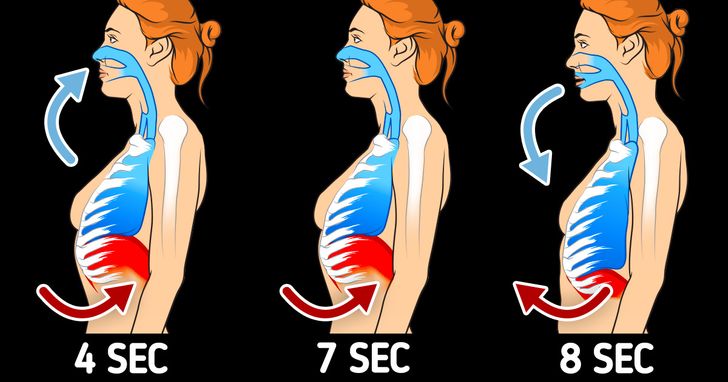Have you ever been disturbed by a persistent ringing or buzzing sound in your ears? This phenomenon, often referred to as tinnitus, affects millions of people worldwide and can be both frustrating and worrisome. In this comprehensive guide, we delve into why we hear a ringing in our ears, explore potential causes, and offer effective strategies for prevention and management. Whether you’re experiencing occasional ear ringing or chronic tinnitus, understanding its origins can empower you to take action toward protecting your hearing health.
Backed by credible sources such as Mayo Clinic and WebMD, our discussion is designed to provide you with evidence-based insights and practical tips to help manage and potentially prevent this challenging condition.
A Sound with an Unknown Origin – What Is Tinnitus?
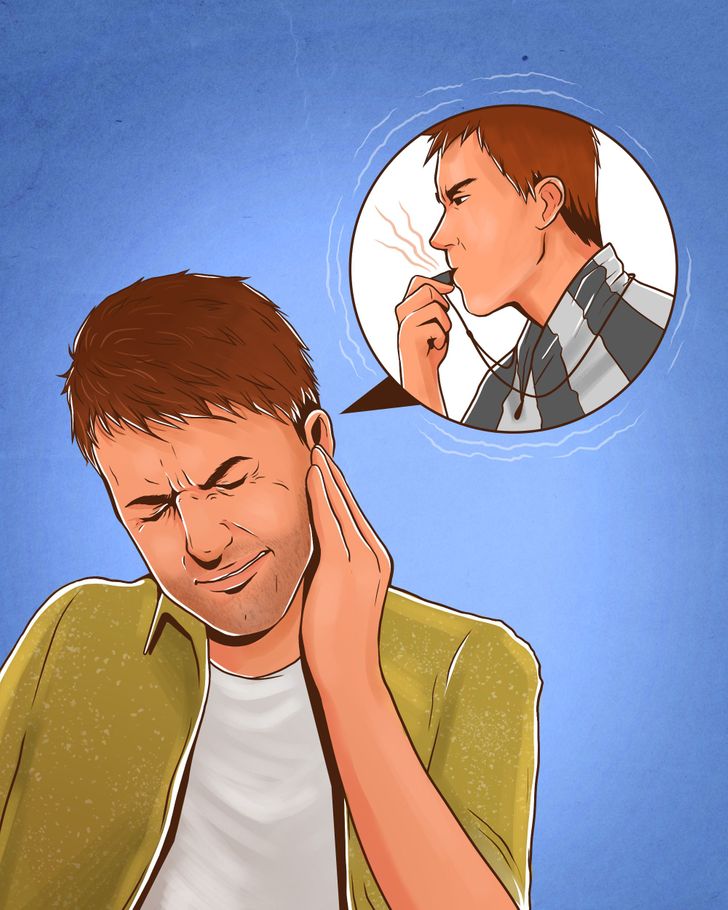
Tinnitus is the perception of sound in the absence of an external auditory stimulus. This “sound” can vary from a high-pitched ringing to a buzzing, hissing, or whistling noise. While many people refer to it as a ringing in the ears, tinnitus is not a disease itself but a symptom of an underlying condition.
Key Characteristics of Tinnitus:
Subjective Experience: Most cases of tinnitus are subjective, meaning only the person experiencing it can hear the sound.
Varied Descriptions: People often describe the sound differently—some may hear a constant tone, while others experience intermittent noises.
Potential Severity: For some, tinnitus is a minor inconvenience; for others, it can significantly impact quality of life by affecting sleep, concentration, and emotional well-being.
The American Tinnitus Association notes that tinnitus can range from a mild annoyance to a severe condition that requires medical intervention. Although the exact cause may remain unknown for some, understanding its nature is the first step toward effective management.
The Cause of This Unusual Buzzing Sound – Unraveling the Mystery
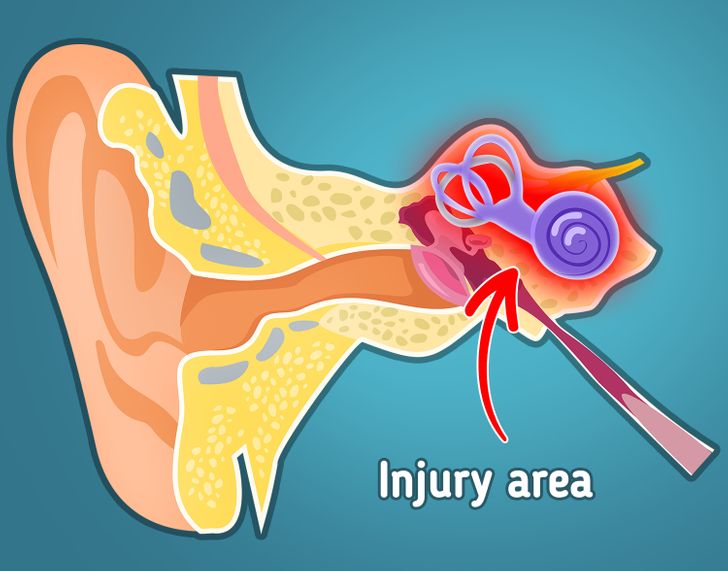
The causes of tinnitus are diverse, and in many cases, a specific trigger may be identified. However, in some instances, the origin remains elusive. Below, we explore several common factors that have been linked to the development of tinnitus.
Common Causes Include:
Hearing Loss: Age-related hearing loss (presbycusis) and noise-induced hearing loss are among the most common causes of tinnitus. Damage to the tiny hair cells in the inner ear often results in the perception of phantom sounds. Research from Mayo Clinic confirms that hearing impairment is closely associated with tinnitus.
Ear Infections and Blockages: Ear infections, excessive earwax buildup, or blockages can alter the normal functioning of the ear and lead to tinnitus.
Medications: Certain medications, including some antibiotics, diuretics, and high doses of aspirin, have tinnitus as a potential side effect. These drugs may affect the auditory nerves or inner ear structures.
Head and Neck Injuries: Trauma to the head or neck can disrupt the auditory pathways, resulting in tinnitus.
Underlying Health Conditions: Conditions such as Meniere’s disease, temporomandibular joint (TMJ) disorders, and cardiovascular problems can also be linked to tinnitus. In some cases, tinnitus serves as an early warning sign of these more serious health issues.
Understanding that tinnitus can be a symptom of various underlying conditions is critical. By identifying the specific cause, you and your healthcare provider can work together to develop a targeted treatment plan.
Factors That Can Provoke These Ringing Sounds – Identifying Common Triggers
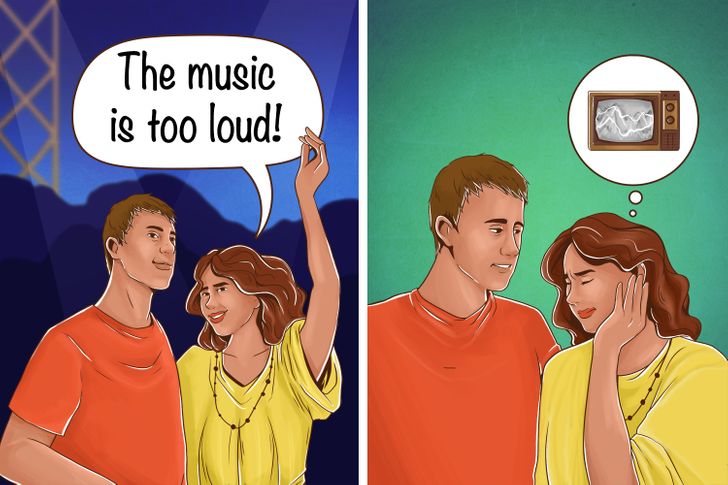
Even if you have an underlying predisposition to tinnitus, certain factors can exacerbate the condition or trigger its onset. Recognizing these triggers is essential for managing the severity and frequency of the ringing in your ears.
Common Provoke Factors:
Exposure to Loud Noise: Continuous or sudden exposure to loud environments—such as concerts, construction sites, or heavy machinery—can damage the auditory system, leading to temporary or permanent tinnitus. The National Institute on Deafness and Other Communication Disorders (NIDCD) highlights noise-induced hearing loss as a primary risk factor.
Stress and Anxiety: Emotional stress and anxiety are known to worsen tinnitus. When you’re stressed, the body releases stress hormones that can impact blood flow and nerve function in the inner ear.
Dietary Factors: Caffeine, alcohol, and high-sodium foods may contribute to tinnitus in some individuals. While the direct impact of diet on tinnitus is still under research, many experts recommend moderation to prevent exacerbation.
Environmental Toxins: Exposure to certain chemicals and heavy metals can affect hearing. Protecting yourself from toxic substances in the workplace or environment may help reduce your risk.
Lifestyle Habits: Poor sleep habits, lack of exercise, and inadequate hydration can indirectly contribute to the severity of tinnitus. Maintaining a healthy lifestyle can improve overall blood circulation and nerve function.
Identifying and managing these triggers is a proactive step toward reducing the frequency and intensity of tinnitus. Consider keeping a diary to track your symptoms and note any environmental or lifestyle factors that may be contributing to your condition.
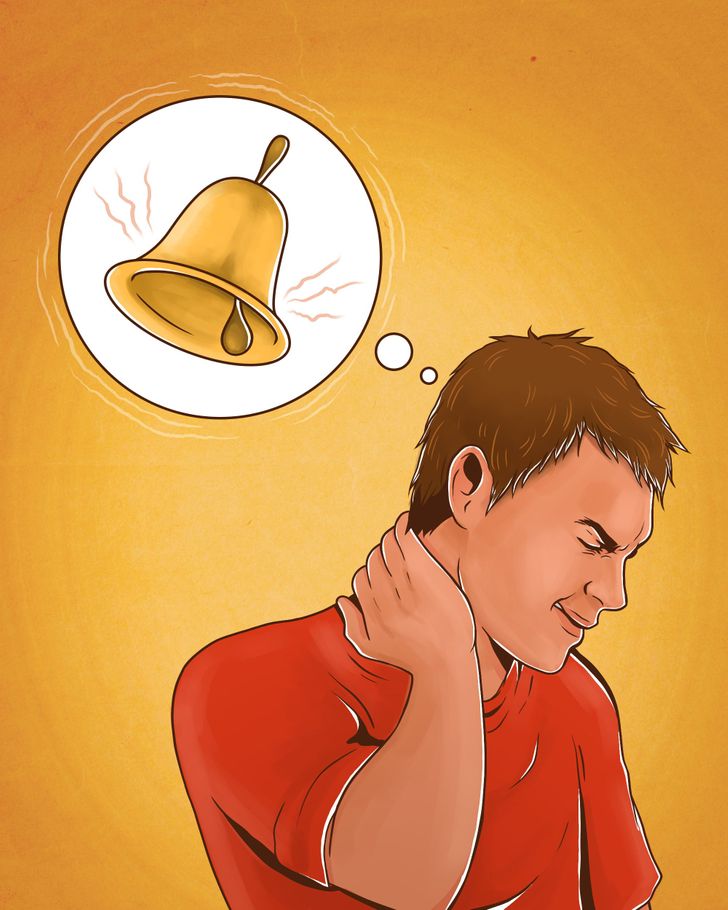
How to Prevent Tinnitus – Strategies for Protecting Your Hearing Health
While it may not always be possible to prevent tinnitus entirely, there are several strategies you can adopt to protect your hearing health and minimize the risk. Preventive measures not only reduce the likelihood of developing tinnitus but also help manage existing symptoms.
Effective Prevention Strategies:
Limit Exposure to Loud Noises: One of the most effective ways to prevent tinnitus is to protect your ears from excessive noise. Wear earplugs or noise-cancelling headphones in loud environments and avoid prolonged exposure to high-decibel settings. The World Health Organization recommends safe listening practices to preserve hearing.
Regular Hearing Check-Ups: Regular visits to an audiologist can help detect early signs of hearing loss. Early intervention can prevent further damage and reduce the risk of tinnitus.
Adopt a Healthy Lifestyle: Maintaining overall health through regular exercise, a balanced diet, and proper hydration supports optimal blood circulation and nerve function. This holistic approach is beneficial for both your hearing and overall well-being.
Manage Stress: Since stress is a known trigger for tinnitus, incorporating stress management techniques such as mindfulness, meditation, and deep-breathing exercises can help keep symptoms in check. Resources from Harvard Health Publishing offer practical tips for reducing stress and anxiety.
Monitor Medication Use: Be mindful of medications that may have tinnitus as a side effect. Always consult your doctor about potential risks and alternatives if you notice a correlation between your medication and ear ringing.
Avoid Ototoxic Substances: Certain chemicals and environmental toxins can contribute to hearing loss. Taking precautions in the workplace and at home can reduce your exposure and safeguard your hearing.
Implementing these preventive strategies can significantly reduce the likelihood of developing tinnitus or lessen its severity if you already experience it.

Integrating Prevention into Your Daily Routine
Prevention is not a one-time action but a continuous process that requires commitment and awareness. Incorporating hearing care into your daily routine can help protect your ears and overall health in the long term.
Daily Practices for Better Hearing Health:
- Routine Ear Care: Gently clean your ears and avoid using cotton swabs excessively, as they can push wax deeper into the ear canal.
- Regular Exercise: Engage in physical activities that promote cardiovascular health, which in turn supports proper blood flow to the auditory system.
- Balanced Diet: Emphasize foods rich in vitamins and minerals that support nerve health, such as leafy greens, nuts, and fish rich in omega-3 fatty acids.
- Mindfulness and Relaxation: Dedicate time each day to relaxation techniques. Whether it’s yoga, meditation, or simply a quiet walk, reducing stress can have a positive impact on your hearing health.
- Education and Awareness: Stay informed about the latest research and recommendations on hearing health. Trusted websites like WebMD and Mayo Clinic provide up-to-date information on tinnitus and other auditory conditions.
By integrating these practices into your daily life, you create a strong foundation for long-term hearing health and overall well-being.
The Broader Impact of Tinnitus on Health and Lifestyle
While tinnitus is often viewed as an isolated auditory problem, its impact can extend far beyond the ears. Chronic tinnitus can affect mental health, sleep quality, and even work performance. Understanding the broader implications is essential for addressing both the symptom and its root causes.
Key Considerations:
- Mental Health: Persistent ringing can lead to anxiety, depression, and difficulty concentrating. The emotional toll of tinnitus should not be underestimated, and seeking support from mental health professionals may be beneficial.
- Sleep Disruption: Many individuals with tinnitus experience sleep disturbances. Improved sleep hygiene and relaxation techniques can help mitigate these effects and promote restorative sleep.
- Work and Social Life: The constant presence of tinnitus can affect productivity and social interactions. Open communication with employers, educators, and peers about your condition can lead to better accommodations and understanding.
- Quality of Life: Ultimately, managing tinnitus is about preserving your quality of life. By addressing both the physical and emotional aspects of the condition, you can enjoy a fuller, more balanced existence.
For more comprehensive insights into the multifaceted impact of tinnitus, the National Institute on Deafness and Other Communication Disorders (NIDCD) offers a wealth of research and recommendations.
Conclusion – Taking Control of Your Hearing Health
The ringing in your ears can be a signal that something is amiss, but it doesn’t have to dictate your life. Understanding why we hear a ringing in our ears and what may be causing it is the first step toward proactive management and prevention. Whether it’s addressing hearing loss, managing stress, or making simple lifestyle adjustments, you have the power to protect your hearing and improve your overall health.
By incorporating the strategies discussed—from limiting noise exposure and regular check-ups to stress management and healthy living—you can take control of your auditory health. Remember, early intervention and consistent preventive measures are key to reducing the impact of tinnitus and ensuring a better quality of life.
For those seeking additional guidance and evidence-based recommendations, reputable sources such as Mayo Clinic, WebMD, and Harvard Health Publishing provide in-depth articles and practical advice on managing tinnitus and protecting your hearing.
Take action today by making small, impactful changes in your daily routine. Your ears—and your overall well-being—will thank you in the long run. Embrace the journey toward better hearing health, and remember that informed decisions and proactive care are the best defenses against the mysterious ringing in your ears.

